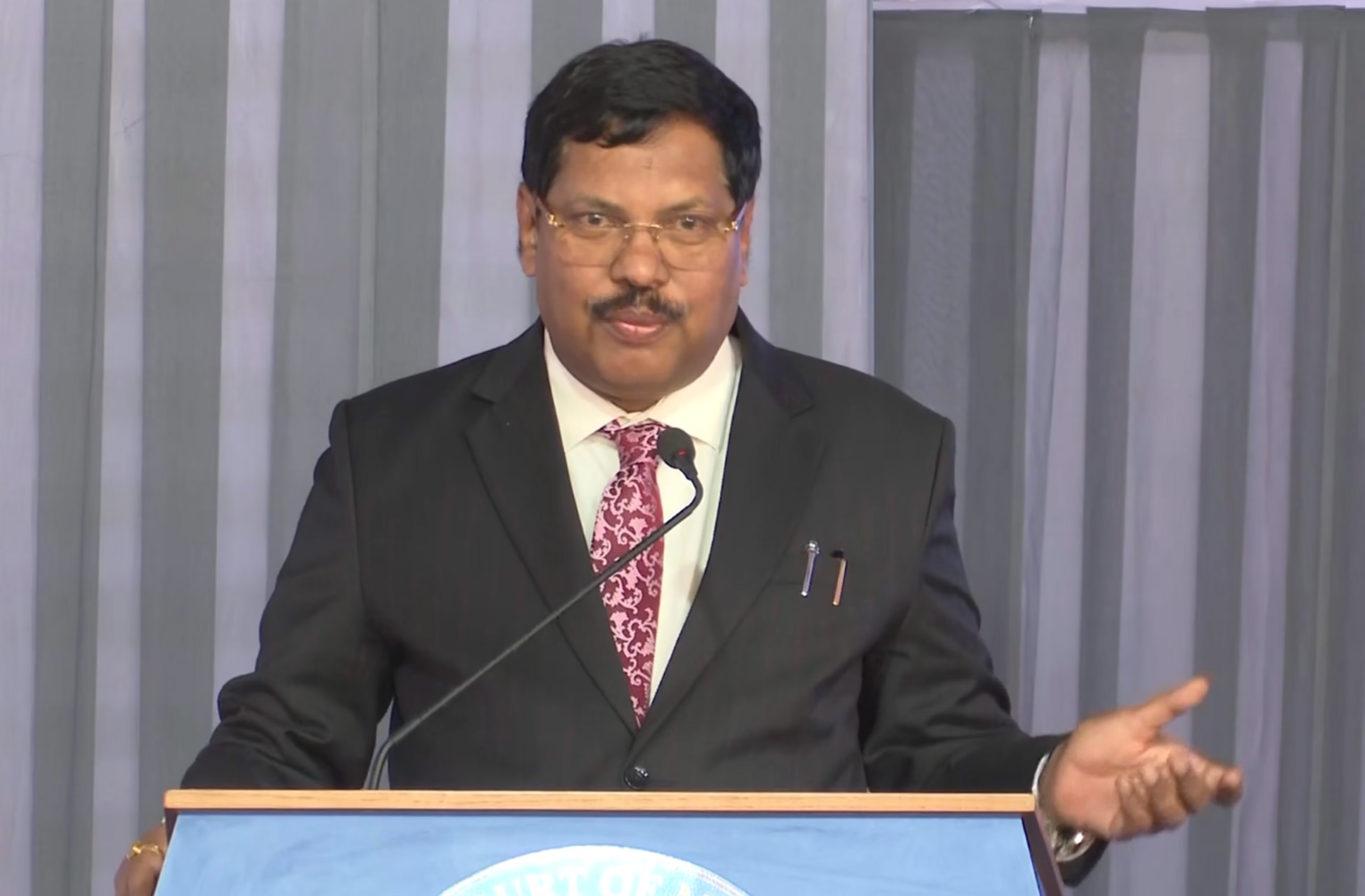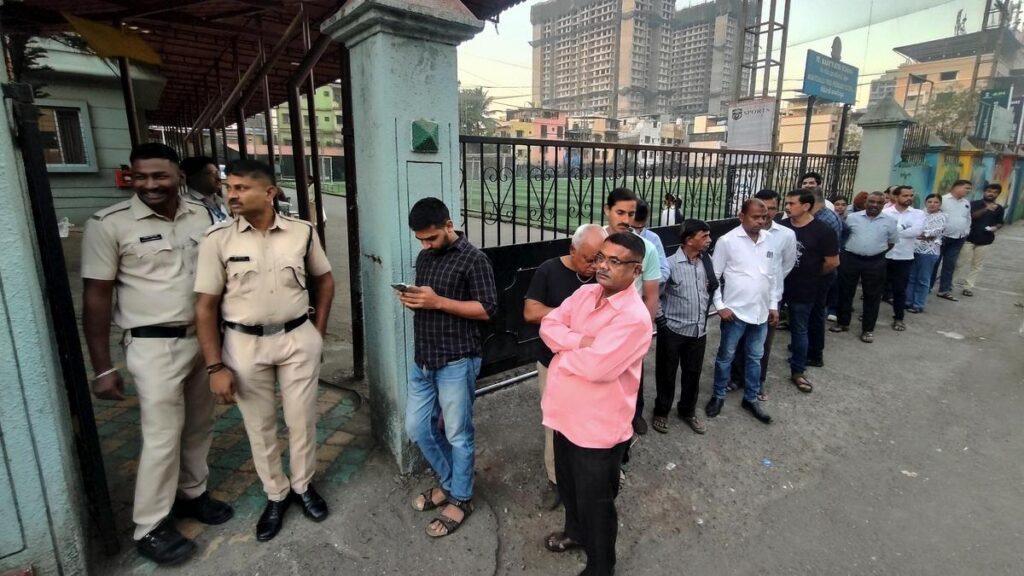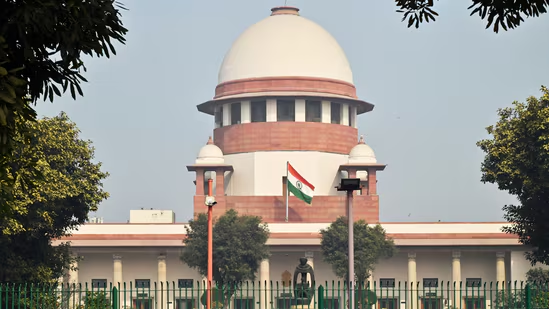Now Reading: Judges Accepting Govt Posts Or Contesting Elections Soon After Retirement Undermines Public Trust In Judiciary : CJI BR Gavai
-
01
Judges Accepting Govt Posts Or Contesting Elections Soon After Retirement Undermines Public Trust In Judiciary : CJI BR Gavai
Judges Accepting Govt Posts Or Contesting Elections Soon After Retirement Undermines Public Trust In Judiciary : CJI BR Gavai

In a significant observation, Chief Justice of India (CJI) D.Y. Chandrachud’s successor, CJI BR Gavai, expressed concern over the increasing trend of retired judges accepting government posts or contesting elections soon after retirement. Speaking at a legal event on 4 June 2025, CJI Gavai stated that such practices risk eroding public trust and the perception of judicial independence in India’s democracy.
A Matter of Perception and Public Faith
CJI Gavai emphasized that even though there is no constitutional bar on judges taking up posts after retirement, the optics and timing of such decisions can damage public perception. If judges are seen aligning with political or executive interests soon after leaving office, it can raise doubts about their impartiality while in service.
According to him, the judiciary’s credibility depends not just on actual independence, but also on how independent it is perceived to be by the common citizen.
Recent Trends Spark Debate
The issue has gained traction in recent years, with several high-profile judges being appointed to gubernatorial, legislative, or quasi-judicial roles shortly after retirement. In some cases, retired judges have even contested elections on party tickets, prompting public and legal discourse about the potential conflict of interest.
While some argue that experienced jurists can serve the country in new capacities, others believe such moves blur the separation between the judiciary and the executive, a foundational principle of the Indian Constitution.
No Legal Barrier, But Ethical Concerns Remain
CJI Gavai clarified that accepting government posts is not illegal or unconstitutional. However, he called for self-regulation within the judiciary, suggesting that a cooling-off period could help uphold the dignity of the post-retirement phase and reinforce public confidence.
He also noted that institutional independence is as important as individual conduct, and both must be preserved to maintain the judiciary’s strength as a democratic pillar.
Implications for Tier 2 India and the Legal System
In Tier 2 and Tier 3 cities, where the judiciary serves as a crucial access point for justice, the issue takes on additional importance. Citizens in these regions often see the courts as their primary shield against executive overreach. If that trust weakens, it can affect public willingness to seek redress through legal means.
Legal experts from across the country have echoed similar sentiments, calling for clear ethical guidelines for judges after retirement to avoid even the appearance of impropriety.
Conclusion
CJI BR Gavai’s remarks serve as a timely reminder of the delicate balance between judicial independence and post-retirement public roles. As India’s democracy evolves, the integrity of institutions—especially the judiciary—must be preserved not just in practice, but in perception. While post-retirement contributions by judges can add value to public life, they must be navigated with caution, transparency, and a commitment to the ideals of justice and neutrality.

























